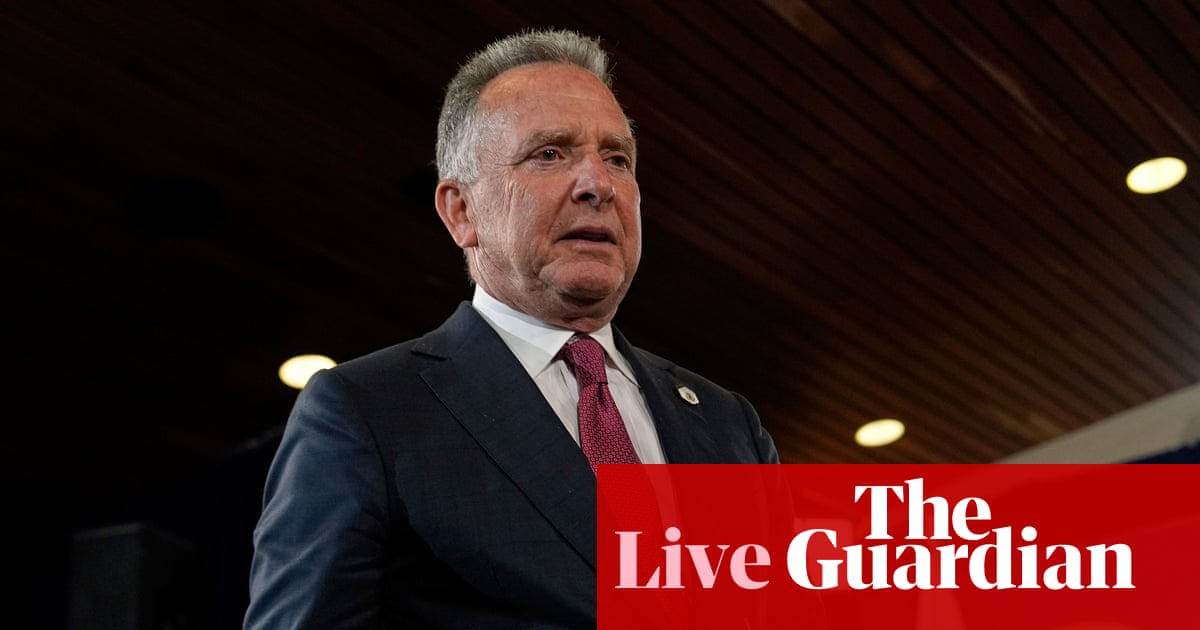
In a groundbreaking development from the Alaska summit, it was revealed that Russian President Vladimir Putin has agreed to allow the United States and European allies to provide Ukraine with robust security guarantees. These assurances are said to resemble NATO’s collective defense mandate, Article 5, which views an attack on one member as an attack on all.
Robust Guarantees to Ukraine
Steve Witkoff, the U.S. special envoy, confirmed this during his appearance on CNN’s ‘State of the Union’. He stated, “We reached an agreement that the United States and other European nations could effectively offer Article 5-like protection to Ukraine. This was the first time Russia has ever agreed to such terms.”
Witkoff elaborated that any deal would hinge on Ukraine’s agreement, with every decision being focused on what the Ukrainian government is willing to accept. He noted that the deal circumvents Russia’s long-standing objection to Ukraine’s NATO membership while providing the security assurances Ukraine has been seeking.
Concessions on Ukrainian Regions
Additionally, Russia reportedly agreed to unspecified concessions concerning five contested Ukrainian regions, including the eastern Donetsk province—a focal point of the protracted conflict.
Putin proposed a freeze on the current front lines in southern regions like Kherson and Zaporizhzhia in exchange for Ukraine’s withdrawal from contested territories in Donetsk and Luhansk. The specifics of these concessions are expected to be discussed further in the upcoming talks at the White House on Monday.
Mixed Reactions from Global Leaders
World leaders have displayed a mixture of cautious optimism and deep skepticism regarding the outcomes of the summit. French President Emmanuel Macron praised the move, stating the importance of maintaining Ukraine’s territorial integrity while supporting a united European front. “If Europe wants to be free and independent, we need to be strong and project unity,” he added.
Conversely, there has been alarm from some U.S. lawmakers. Democratic Senator Jeanne Shaheen expressed concern that President Trump’s handling of the talks had provided legitimacy to a “murderous dictator” without receiving concrete outcomes in return. Other critics argue that the summit may portray the West as too willing to accommodate Russia.
Ukraine’s Firm Stance
Ukrainian President Volodymyr Zelenskyy has reiterated his country’s refusal to relinquish any territory. “Ukraine’s Constitution makes it impossible to give up or trade land,” he emphasized. Zelenskyy maintained that territorial negotiations could only happen directly between Ukraine and Russia, alongside guarantees from both the U.S. and European nations.
On the ground in Kyiv, demonstrations outside the U.S. embassy highlighted public resistance to any territorial compromises. Protesters held signs declaring, “No trust for Putin” and “Ukraine will not surrender.”
The Path Ahead
As Zelenskyy prepares for his White House visit, he will be joined by key European leaders in an effort to reinforce a united stance against Russia. This collaborative approach aims to build a framework for peace that protects Ukraine’s sovereignty while ensuring future security in the region.
While the potential security guarantees mark a significant step forward, the road to lasting peace remains uncertain. Success will depend on continued global unity and Ukraine’s ability to negotiate a deal that both safeguards its citizens and maintains its territorial integrity.






